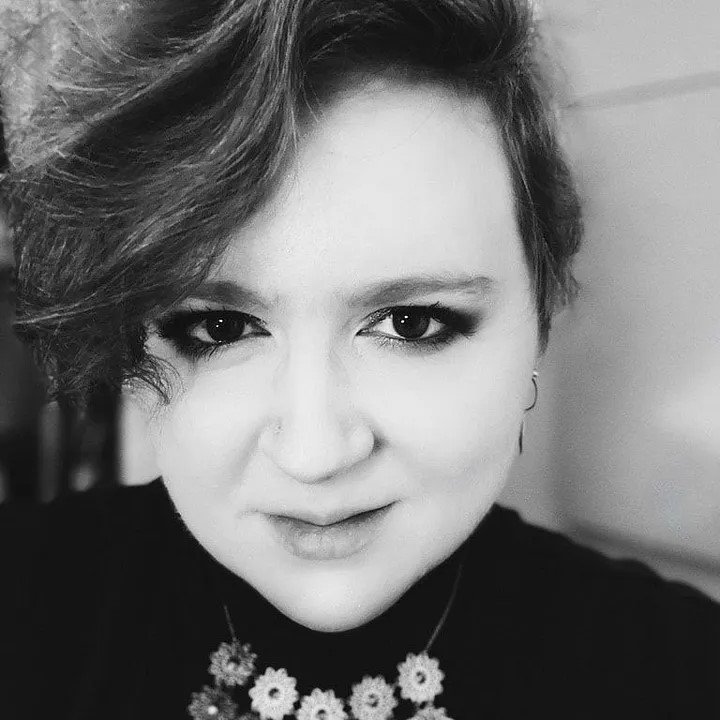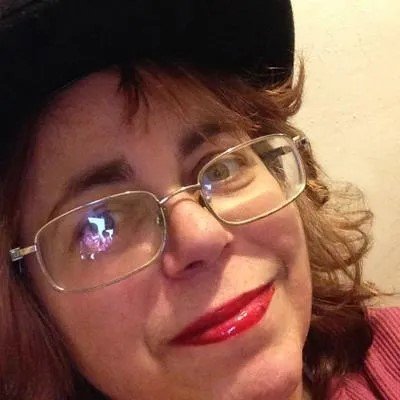shesaid.so and DistroKid partner for a four-part workshop series.
Here at shesaid.so, we love to provide informative resources and equip our members and allies for their careers. So we have teamed up with independent digital music distribution service, DistroKid, to bring members a four-part series to unpack the secrets behind a successful release.
The four sessions take us through the stages of the process from beginning to end, starting with top tips for the pre-release/production stage; moving on to ensuring a smooth distribution process for release; through to making the most of marketing and promo opportunities. Every Tuesday at 10am PDT / 6pm BST, live on our YouTube channel.
Session 1: HOW TO MAXIMISE YOUR PRODUCTION QUALITY
Session 1 kicks off with a focus on maximising your production — from a technical, creative and operational perspective. Hosted by:
Lysee Webb, Founder of Van Pelt Management (highlights include multiple GRAMMY award winner Shawn Everett working with the likes of Kacey Musgraves, War on Drugs, and most recently Adele, to up and coming talent like Jason Agel landing projects with serpentwithfeet, Prince and John Legend, and Jonathan Low working on Taylor Swift’s Folklore.)
Ebonie Smith, award-winning Music Producer, Audio Engineer & Singer/Songwriter, plus Founder of Gender Amplified, an organisation that supports women and girls in music production.
This first workshop focuses in on the music production stage of a release and how to make the music sound as great as possible.
Session 2: DISTRIBUTION 101
Session 2 is a DistroKid special, hosted by Marketing Manager Mikaela Allen.
Dedicated to helping artists get access to the tools they need to make a living out of their artistry, Mikaela has worked with brands and organizations such as TIDAL, Madison Square Garden Company, Mercedes-Benz, Twitch and more. She holds a Bachelor’s Degree in Music Business/Marketing from the Berklee College of Music as well as a Masters Degree in Global Entertainment and Music Business.
An expert on all things distribution, Mikaela takes us through best practices for preparing your music before, during, and after that all important release day.
Session 3: Make Platforms and Marketing Work For You
Session #3 continues with expert advice on how to define your unique message, marketing your music to the world, and how to do this on DSP’s and other such platforms, led by Ultra Music Records VP of Marketing, Bina Fronda.
Bina landed at famed NYC-based dance music label Ultra Music in 2014 and worked her way up to her current role as Director of Marketing. During her time at Ultra Music, Bina has overseen marketing campaigns for artists such as Steve Aoki, Kygo, Sofi Tukker including their recently Grammy nominated album “Treehouse,” Benny Benassi, Deorro, Axwell, Pitbull, Kaytranada & more. Prior to Ultra, Bina also has experience in the festival industry, namely large scale events including Governor’s Ball, EDC NY, Boston calling and The Meadows.
Session 4: Optimising Your Promotional Tools
In Session #4, DistroKid’s Head of Creator Services, Mike Fink, sits down with singer/songwriters and DistroKid artists, Neoni, to talk about their artist journey, putting together a promo strategy, tools that have helped them along the way, tips for other indie artists, and more.
Mike Fink
Mike heads up DistroKid’s Creator Services team engaging with artists and DSPs. Previously he headed up relationships with indie music rights holders, labels and management at Pandora. Prior to moving to California, he produced over a thousand shows at The John F. Kennedy Center for the Performing Arts and co-founded indie label The Kora Records. He also managed several artists in DC, including Anousheh Khalili who shared a grammy nomination for her work with Deep Dish.
Neoni
we are sisters who argue and write songs One Colorado summer on the corner of Washington & 13th we opened our guitar cases and started playing. Today we write bold music and collaborate with artists from around the globe.
Tune in to find out:
How the artists got started in music.
What are the most impactful tools that have helped them along the way (can be on the promotion and or creation side)?
What tips do they have for other independent artists trying to make a career out of their music?
A huge thanks to our partners at DistroKid for making this series happen and for supporting our work.
If you are an artist wanting to find out more about DistroKid services, check out the DistroKid website here.
And if you would like to get access to these sessions or any future content from shesaid.so, become a member or ally today.
















